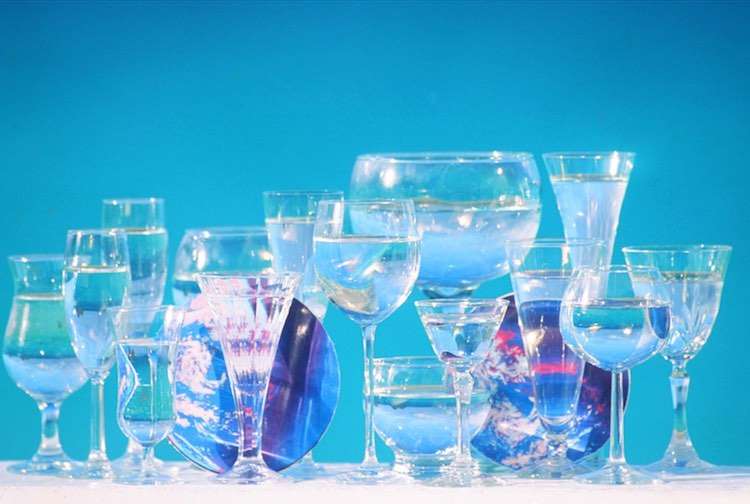Breakthrough Treatment for Hepatitis C Shows 100% Success
Science has done it again: 20 out of 20 people have been cured of hepatitis C.

For people who want to control their weight or reduce their intakes of sugar, sodium and saturated fat, water may be just what the doctor ordered.
A new study that examined the dietary habits of more than 18,300 U.S. adults found the majority of people who increased their consumption of plain water – tap water or from a cooler, drinking fountain or bottle – by 1 percent reduced their total daily calorie intake as well as their consumption of saturated fat, sugar, sodium and cholesterol.
People who increased their consumption of water by one, two or three cups daily decreased their total energy intake by 68 to 205 calories daily and their sodium intake by 78 to 235 grams, according to a paper by University of Illinois kinesiology and community health professor Ruopeng An. They also consumed 5 grams to nearly 18 grams less sugar and decreased their cholesterol consumption by 7 to 21 grams daily.
The professor examined data from four waves (2005-12) of the National Health and Nutrition Examination Survey, conducted by the National Center for Health Statistics. Participants were asked to recall everything they ate or drank over the course of two separate days that were three to 10 days apart.
He calculated the amount of plain water each person consumed as a percentage of their daily dietary water intake from food and beverages combined. Beverages such as unsweetened black tea, herbal tea and coffee were not counted as sources of plain water, but their water content was included in the calculations of participants' total dietary water consumption.
On average, participants consumed about 4.2 cups of plain water on a daily basis, accounting for slightly more than 30 percent of their total dietary water intake. Participants' average calorie intake was 2,157 calories, including 125 calories from sugar-sweetened beverages and 432 calories from discretionary foods, which are low-nutrition, calorie-dense foods such as desserts, pastries and snack mixes that add variety to but are not necessary for a healthy diet.
A small but statistically significant 1 percent increase in participants' daily consumption of plain water was associated with an 8.6-calorie decrease in daily energy intake, as well as a slight reductions in participants' intake of sugar-sweetened beverages and discretionary foods along with their consumption of fat, sugar, sodium and cholesterol.
The study was published in the Journal of Human Nutrition and Dietetics. (Photo courtesy of Sun Star)
Be the first to comment